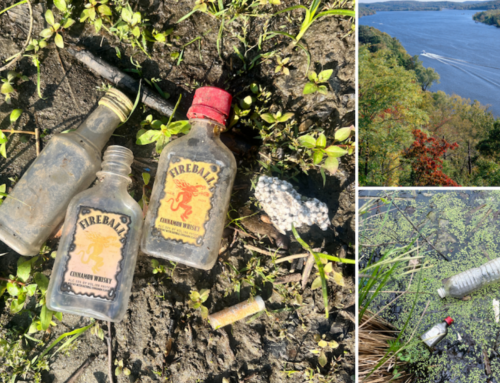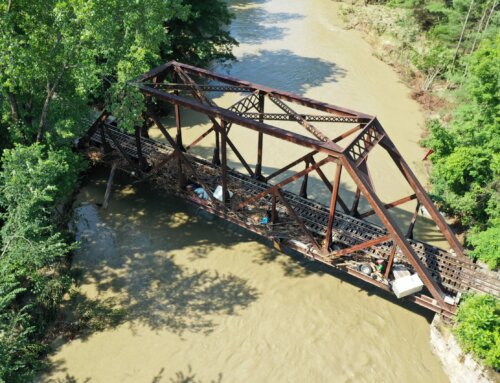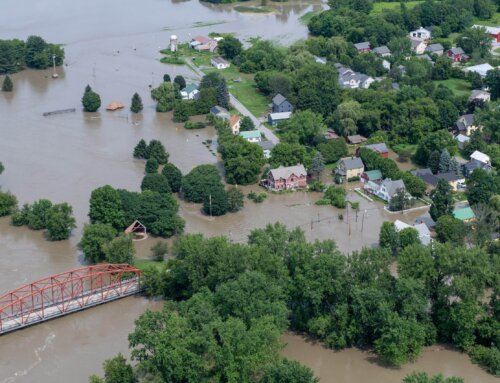Greenfield, MA. June 25, 2008 The Connecticut River Watershed Council has filed a motion to intervene in a November 28, 2007 complaint by the EPA against the Town of South Hadley wastewater treatment facility for alleged violations of their NPDES (National Pollutant Discharge Elimination System) permit. The EPA’s complaint cites several violations by the town including its certification that routine CSO (Combined Sewage Overflow) discharge inspections were completed during the years 2002 – 2005, yet during that period South Hadley reported only a single CSO discharge, and failed to conduct the required rechecks after heavy rains.
“The Watershed Council has intervened as a way of urging both the EPA and the towns and cities along the river to take clean water compliance seriously,” says Andrea Donlon, Massachusetts River Steward for CRC, “Without due diligence and local compliance, we can’t be sure our kids are not swimming in fouled waterways or the dog isn’t splashing in a stream spiked with raw sewage.”
Combined sewers still exist in many Bay State towns and cities. Now being phased out to comply with current clean water standards, they were designed to carry both sanitary sewage and storm water in a single pipe. With today’s larger populations and heavily paved areas, the pipes are too small to handle the volume of water arriving when it rains. Those combined pipes carrying untreated human waste, back up and overflow into neighborhood streams, and sometimes basements, before the sewage reaches the treatment plant.
The Town of South Hadley’s alleged violations impacted Buttery Brook and the Connecticut River. The EPA’s complaint also cites the town’s failure to implement several best management practices under their Stormwater Pollution Prevention Plan, such as conducting annual employee training. Typically, NPDES violations of this nature involve monetary judgments. Donlon says CRC has intervened in this issue because the public deserves a river that is both fishable and swimmable. “Our involvement is not aimed at costing South Hadley additional money. We’re involved because we have a unique role in advocating for measurable benefits to the river.”
To that end the Council’s comment letter suggests several projects with measurable benefits for the river that could partially replace a monetary fine. One project would be to install a “vegetated filter strip” that would capture urban runoff from some of the more heavily paved surfaces, as in the South Hadley Falls area—diverting the runoff back into the ground rather than into sewer pipes. “We support EPA’s enforcement action” says Donlon, “our concern is that it has taken them several years to file this.” She stresses the need for vigilance in permit requirements and water quality sampling that can detect problems. Donlon also notes that South Hadley recently eliminated their last CSO, “So discharges of this nature should minimal in the future.”
# # #
For press information contact: Andrea Donlon, River Steward, (413) 772-2020 x. 205, or adonlon@ctriver.org, or Chelsea Gwyther, Executive Director: (413) 772-2020, ext 202, cgwyther@ctriver.org







